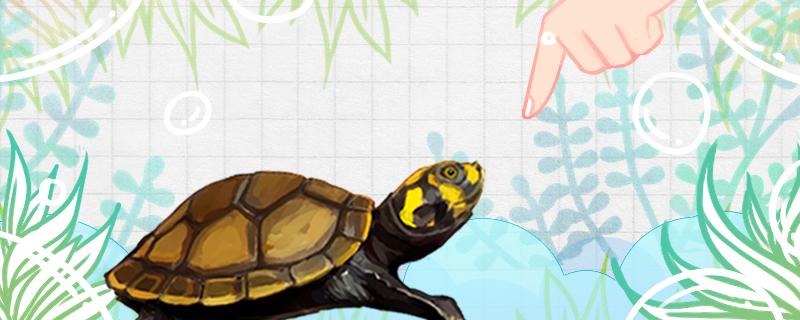 1. The yellow-headed side-neck turtle
1. The yellow-headed side-neck turtle The yellow-headed side-neck turtle belongs to the genus South American side-neck turtle of the family side-neck turtle. Its head is medium size, dark brown in color, and has yellow markings on it. As an aquatic turtle, it lives in lakes, rivers and swamps in the wild, and usually feeds on plants, which is suitable for survival in the environment of 22-30 ℃.
2. West African side-necked turtleWest African side-necked turtle belongs to tropical turtle. Unlike many common ornamental turtles, it cannot hibernate. This kind of turtle is lively, easy to raise, has a good appetite and grows fast, so we must pay attention to controlling the food intake in artificial breeding, otherwise it will cause its shell to explode and seriously affect its ornamental value.
3. Swamp side-necked turtleSwamp side-necked turtle mainly lives in Africa, which is the most widely distributed in the local area. It belongs to small semi-aquatic turtle and generally lives in ponds. Its body length can reach 30 cm, its feeding habits are miscellaneous, and its appetite is very large. It usually eats fish and shrimp, insects, earthworms, etc. When it is frightened, it can secrete smelly liquid.
4. Snake-necked turtleSnake-necked turtle is also a kind of side-necked turtle. Its neck is very long, about four fifths of the carapace. I like potential mud at ordinary times, but I don't like to go ashore during the day, and I don't have the habit of drying my back. Some people go ashore at night, but they will immediately jump into the water in case of disturbance, and hibernate when the temperature is lower than 15 ℃.
5. Long-necked tortoiseLong-necked tortoise is very similar to snake-necked tortoise, with the same absurdly long neck, but smaller than snake-necked tortoise. Wild long-necked turtles are highly aquatic and hardly go ashore except to lay eggs. It was once distributed in China, but unfortunately it has become extinct, and now it only exists in the Southern Hemisphere.